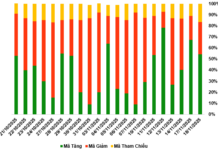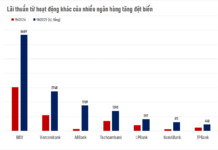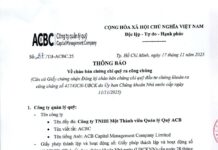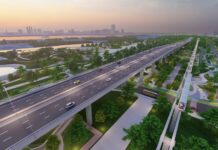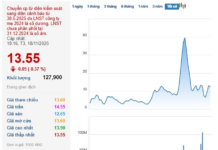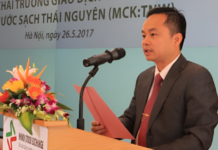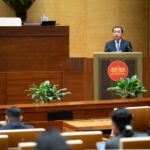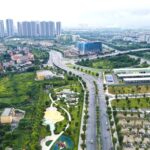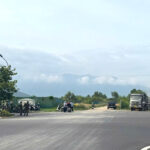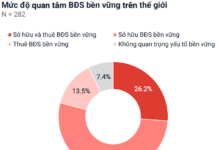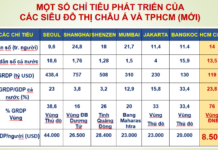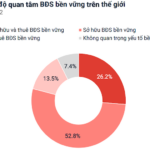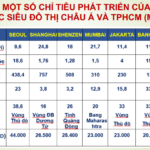On the afternoon of November 18th, authorized by the Prime Minister, Minister of Agriculture and Environment Tran Duc Thang presented a draft resolution to the National Assembly. This resolution outlines mechanisms and policies to address challenges in implementing the Land Law.
Proposed Addition of Three Land Reclamation Cases by the State
According to Minister Thang, the resolution (comprising 3 chapters and 13 articles) aims to institutionalize the Party and State’s land policies promptly. It seeks to remove bottlenecks and address emerging issues, fostering economic and social development. This will enhance land management efficiency, propelling the nation toward high-income developed status, aligned with new governance demands.
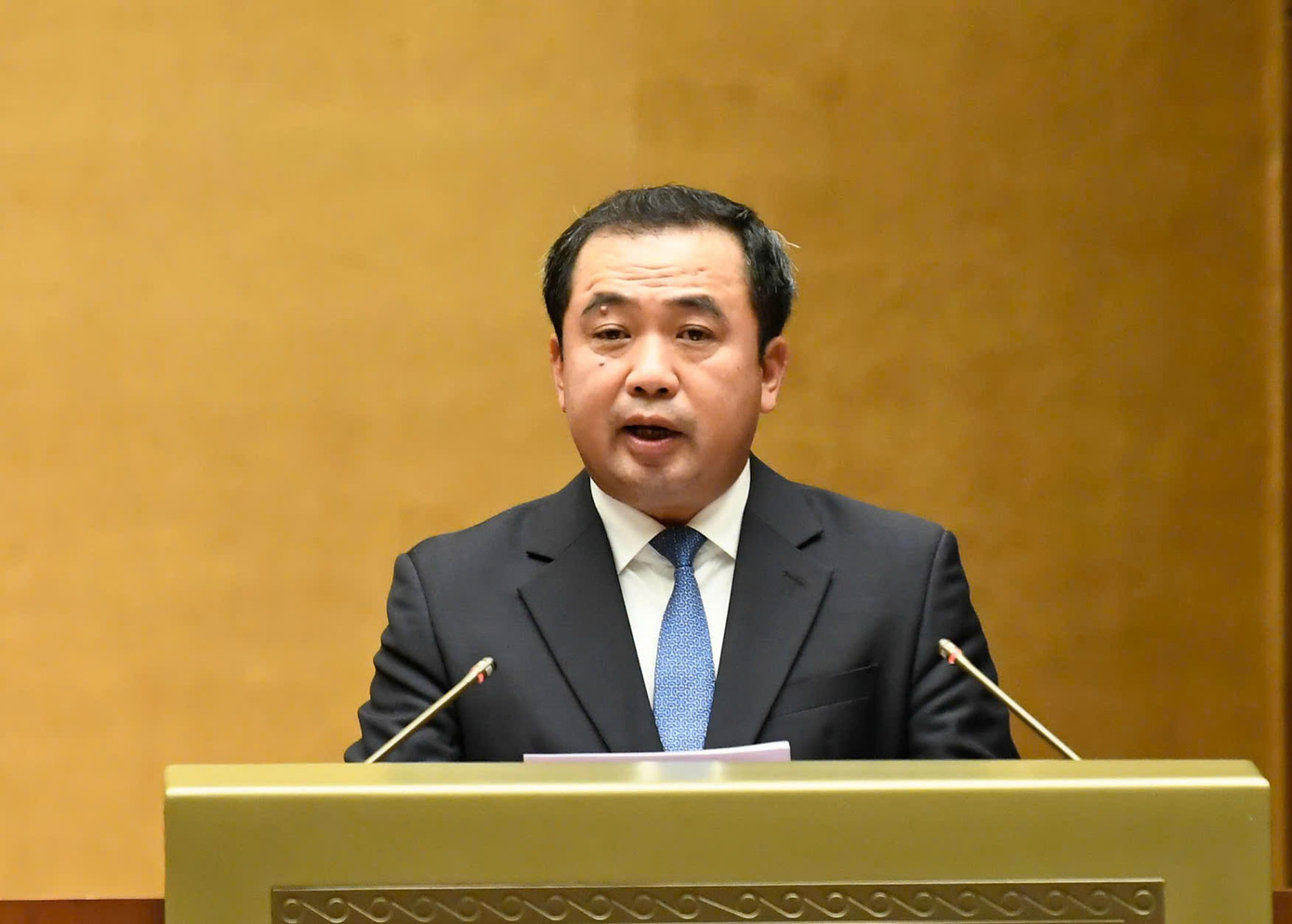
Minister of Agriculture and Environment Tran Duc Thang. Photo: Nhu Y.
The draft resolution introduces a new case for state land reclamation: national defense and security purposes, specifically for drug rehabilitation centers managed by the military.
Additionally, three cases are proposed for land reclamation to support economic and social development for national and public interests.
Article 3, Clause 2, details these cases:
1. Free trade zones and international financial centers.
2. Projects with over 75% land area and user agreements secured, allowing provincial People’s Councils to reclaim remaining land for investors.
3. Land funds for Build-Transfer (BT) projects, enabling leased land for continued production and business operations.
Phan Van Mai, Chairman of the Economic and Financial Committee, noted that this policy aims to resolve project implementation hurdles through land use agreements. It supports investors facing land clearance delays despite substantial negotiations.
The Committee seeks clarification on the 75% thresholds and handling of remaining land and users, ensuring constitutional rights and minimizing disputes.
It also recommends balancing compensation interests to prevent disputes when applying land price tables and adjustment coefficients.
Mai emphasized cautious consideration of new reclamation cases, ensuring constitutional compliance and citizen rights. Pilot mechanisms should precede widespread application, with National Assembly resolutions guiding specific localities.
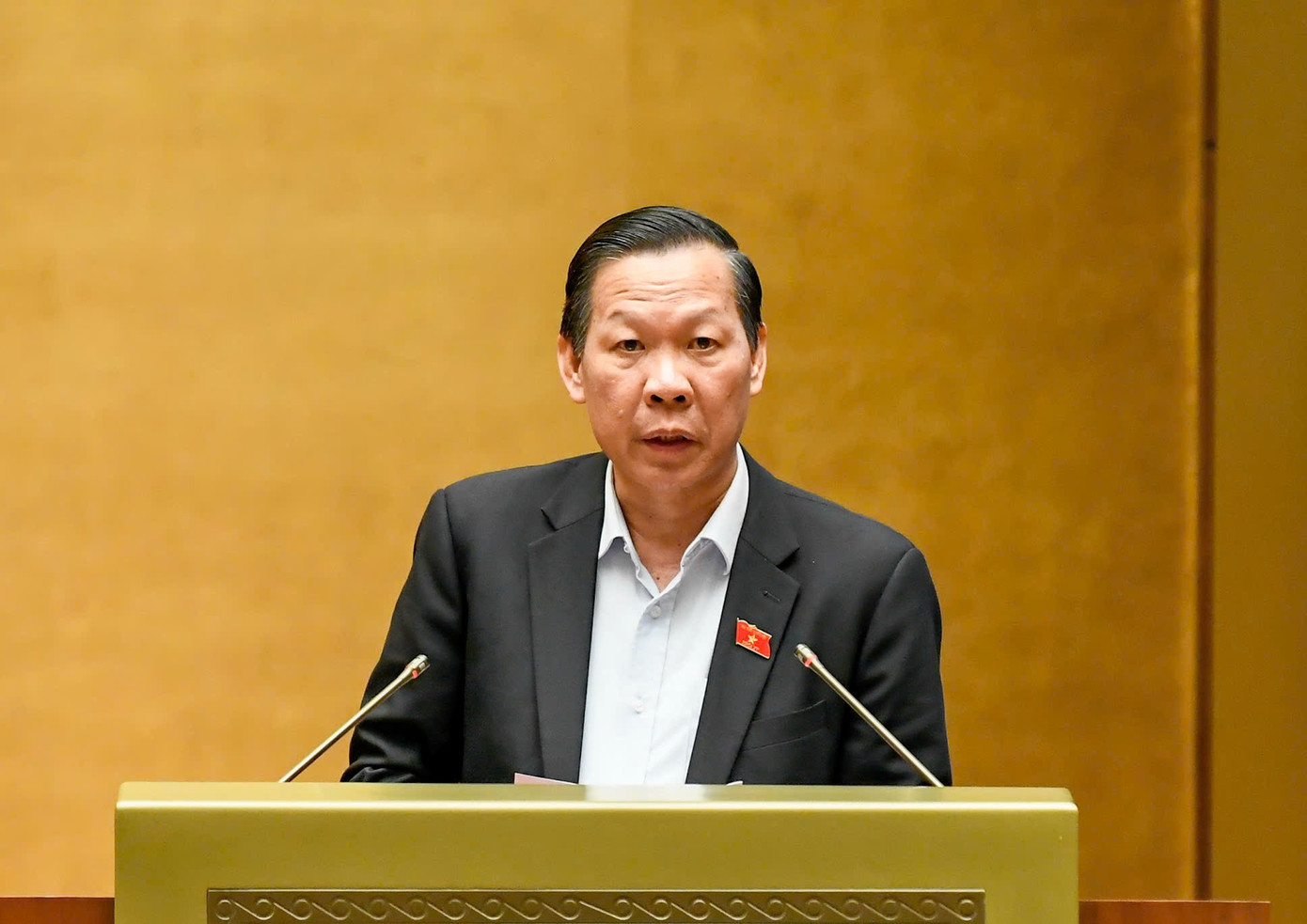
Chairman of the Economic and Financial Committee Phan Van Mai. Photo: Nhu Y.
Ensuring Independence in Land Valuation and Price Board Review
The draft resolution outlines land valuation principles, data collection timing, and methods, emphasizing:
– Market-based valuation.
– Adherence to procedures and transparency.
– Independence between valuation consultants, price boards, and decision-makers.
– Balancing state, user, and investor interests.
Land price tables will be categorized by type, area, and position, with digital mapping enabling plot-specific pricing. Provincial People’s Councils will approve and implement these tables from January 1, 2026.
Provincial chairpersons will establish boards to review land prices and adjustment coefficients, ensuring impartiality.
The Economic and Financial Committee supports state control over land pricing, advocating for seamless transition provisions and clear guidelines for adjustment coefficients.
Ho Chi Minh City Sets Specific Land Prices for Series of Projects
In the first 10 months of the year, the Ho Chi Minh City Department of Agriculture and Rural Development has received, evaluated, and submitted 65 land valuation dossiers to the Ho Chi Minh City Land Price Appraisal Council. Simultaneously, they have successfully resolved long-standing land allocation and land-use conversion dossiers dating back to the 2003–2013 period, totaling 84 cases.
Da Nang Chairman Pham Duc An Addresses the $16 Billion Reclamation Project
On November 13th, during a conference focused on studying and implementing the resolutions and action plans from the 1st Congress of the Da Nang City Party Committee (term 2025-2030), as well as centralizing new documents from the Central Committee and the City Party Committee, Mr. Pham Duc An, Chairman of the Da Nang People’s Committee, shared insights regarding the proposed land reclamation project in Da Nang.

